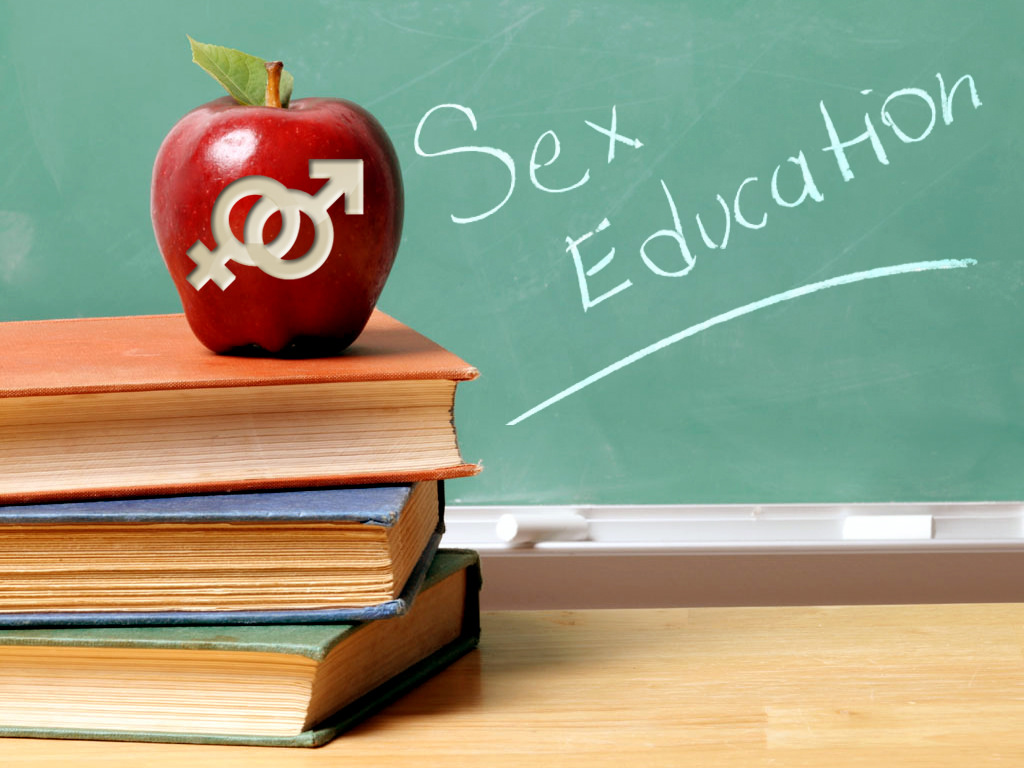By Samantha Lowe
Media literacy refers to the ability to check if your source is creditable and ensure the information you are reading is accurate and based in science. And, it’s becoming increasingly more important. The skill of media literacy should be applied to all information you read on the internet but often people tend to believe whatever they read, credible or not. We often address “fake” news/information in adult populations, but what about adolescents? Young teens and teens are even less aware of the need to check the credibility of the information they are receiving.

I recently read the article “Why Can’t We Just Have Sex?”: An Analysis of Anonymous Questions About Sex Asked by Ninth Graders, this article focused on urban 9th grade students of mostly Latino and African American decent (N=645). Students were asked to write down any question about sex they would like to have answered during their sex education course. While this article shined light on what adolescent students want to learn during a comprehensive sex education course, it had some important and shocking unintentional results (Pariera and McCormack, 2017). For example,
– The number of young people who claiming to have learned about birth control has DECREASED in recent years (Pariera and McCormack, 2017);
– One third of all educators with the task of teaching sex education do not receive any special training (Pariera and McCormack, 2017);
– Less than half of the young people say they learned how to use a condom or information on where to get birth control (Pariera and McCormack, 2017); and
– 37% of all questions asked indicated some form of misinformation (Pariera and McCormack, 2017).
A 2004 report found that 11 of the 13 common used sex education curricula were inaccurate, containing falsehoods about HIV, abortion and birth control (Pariera and McCormack, 2017). Students are leaving sex education courses with no skills applicable to real life scenarios, they are often also not able to differentiate between real and false information and have no functional skills.
Youth in the United States are expected to wade through countless encounters with false information and come out with all the right information. That seems unreasonable when modern adults are not able to accomplish the same task. With recent studies showing that sex education curriculum problems are impeding student access to accurate and practical information that could be beneficial to them (Pariera and McCormack, 2017). It is time to begin equipping students with the ability to differentiate between factual and false information, it also time to begin funding specialized training for educators who will be teaching sex education courses. Equipping educators with media literacy skills and the ability to address and correct misconceptions from students.
Source:
Pariera, K. and McCormack, T. (2017). “Why Can’t We Just Have Sex?”: An Analysis of Anonymous Questions About Sex Asked by Ninth Graders. American Journal of Sexuality Education, 12(3), pp.277-296.

Leave a Reply